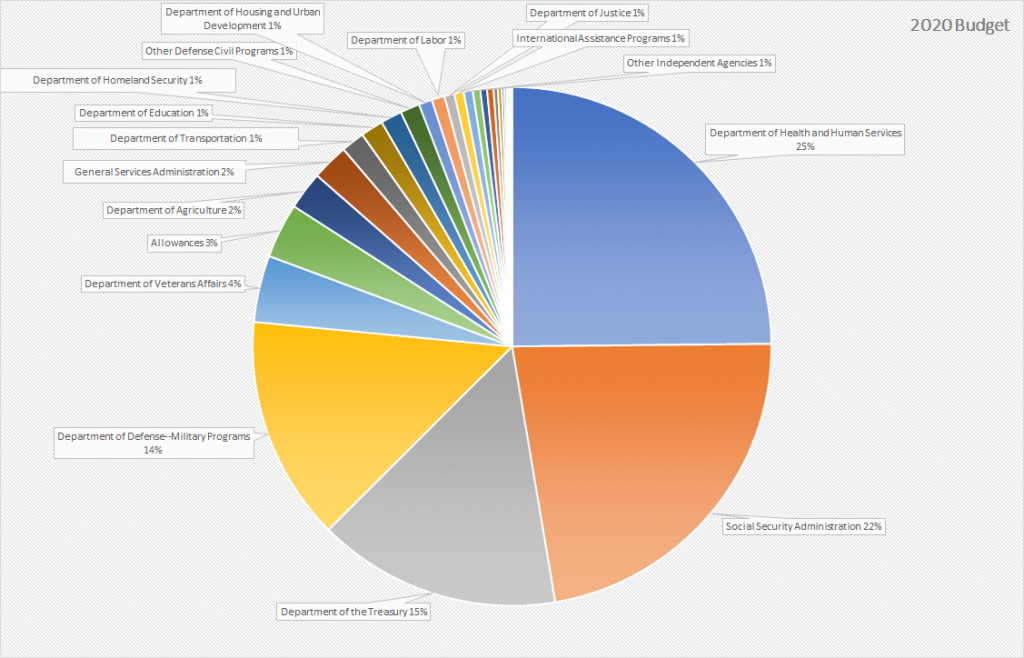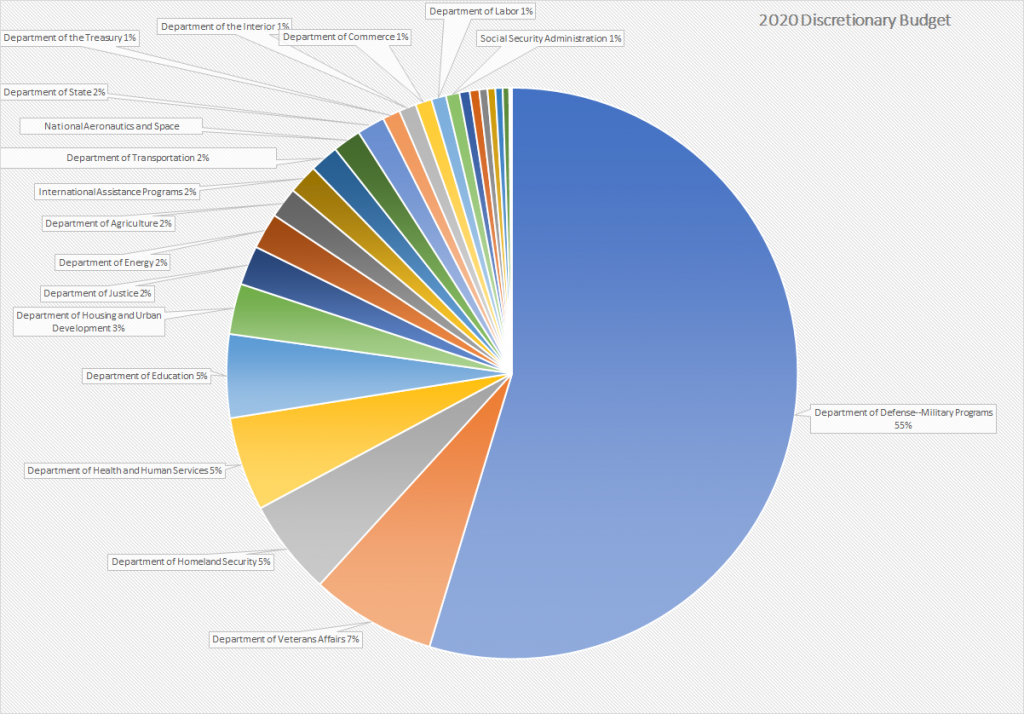I’m trying to follow the logic of Biden corruptly using his influence to squash an investigation into a company that employed his son on its board.
Zlochevsky, former Minister of Ecology and Natural Resources, is the majority shareholder in Burisma and may have gotten gas extraction licenses because of Zlochevsky’s former position. In 2012, Ukrainian Prosecutor General Viktor Pshonka began investigating Zlochevsky for possible corruption, money laundering, and tax evasion from 2010–2012. The British Serious Fraud Office investigates Zlochevsky for a possible money laundering scheme too. On 16 April 2014, the British blocked accounts held by Burisma’s majority shareholder for holding 23 million in possibly ill-gotten assets. They sent a letter to the Ukraine requesting documents for their investigation.
21 April 2014, Biden visits the Ukraine and promises aid to help the country avoid relying on Russia for petrol – aid which might have been used to increase domestic fuel extraction and benefited companies holding extraction licenses (i.e. Biden is committing funds that might farther enrich Zlochevsky). Burisma announced Hunter Biden joining the board on 12 May 2014.
07 June 2014, Poroshenko took office as the President of Ukraine; Prosecutor General Vitaly Yarema was confirmed on 19 June 2014. Yarema opens an investigation into Burisma on 05 Aug 2014 for ‘unlawful enrichment’. 14 October 2014, anti-corruption laws are enacted in the Ukraine. In February, George Kent says he met with a deputy prosecutor from Yarema’s office and, in an action coordinated with the US Justice Department, spoke against having the case shut down. In December 2014, the American government is pushing Ukraine to help the British with their investigation. The British unblock Zlochevsky’s accounts on 21 January 2015 because of insufficient evidence to substantiate the claim. They weren’t getting help from the Ukrainians.
10 Feb 2015, Viktor Shokin replaces Yarema a Prosecutor General. But I’ve not seen any reports of Shokin picking up the Burisma investigation. Everything I’ve read says he had essentially left the case mothballed. In late 2015, Biden and the US government are still speaking out about possible corruption and specifically call out officials who failed to assist with the British investigation into Zlochevsky. Biden made a speech in the Ukrainian Parliament about rooting out corruption in the country and threatens to withhold a billion dollars in loan guarantees unless Poroshenko fires Shokin.
03 April 2016, Shokin is fired by Parliament for the slow pace of investigations and corruption allegations. 12 May 2016, Yuriy Lutsenko was appointed as Prosecutor General. And 13 May 2016 the US agrees to a billion dollar loan guarantee. Lutsenko is the one who investigated Burisma. A Burisma statement says the case was dropped in Sept of 2016. Burisma pays a couple million in taxes and fines in Sept of 2016.
The claim isn’t that Biden got Shokin, a guy who was investigating Burisma, fired. OK, yeah, that is the claim … but was there an investigation?! Kasko, Shokin’s deputy, says the office did nothing to pursue the investigation throughout 2015.
If not, the crux of this claim is that Joe Biden had some knowledge that the investigation was going to resume? Maybe the idea is Biden knew the popular sentiment in the Ukraine was to get a tougher prosecutor and used American money to ensure “you need to fire the Prosecutor General and appoint someone who will really root out corruption” was “you need a guy who roots out corruption and knows that company where my son sits on the board is totally on the up-and-up, so there’s no need to get back into investigating them”. Or “get this mothballed case opened and do as little harm to the company where my son sits on the board”. But that’s a lot different than saying he pressured the Ukrainians to fire a prosecutor who was about to bust his son (or the company paying his son).
Hopefully this will get cleared up in the Senate Impeachment proceedings. Because a much as I know the Democrats don’t want Biden testifying … I expect Trump’s defense to spend a lot of time promoting what exactly they claim Biden did wrong.


